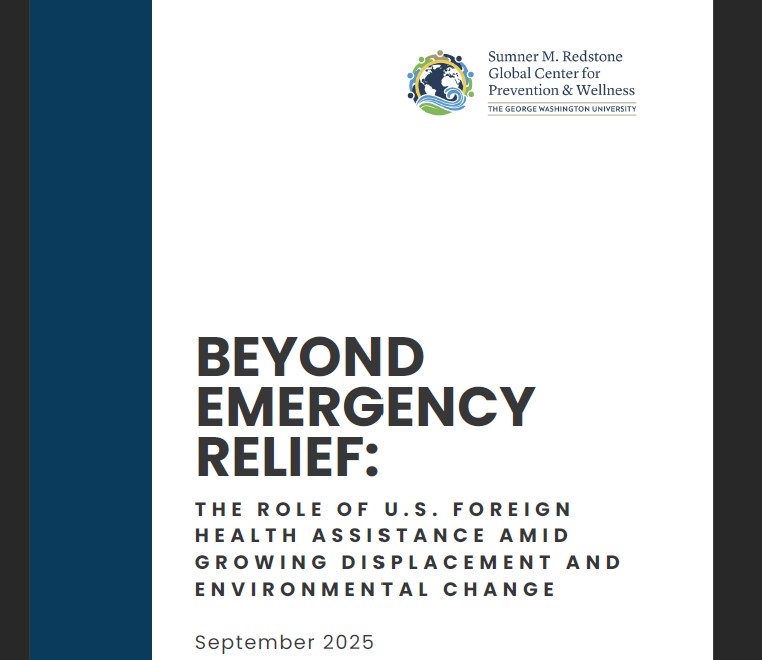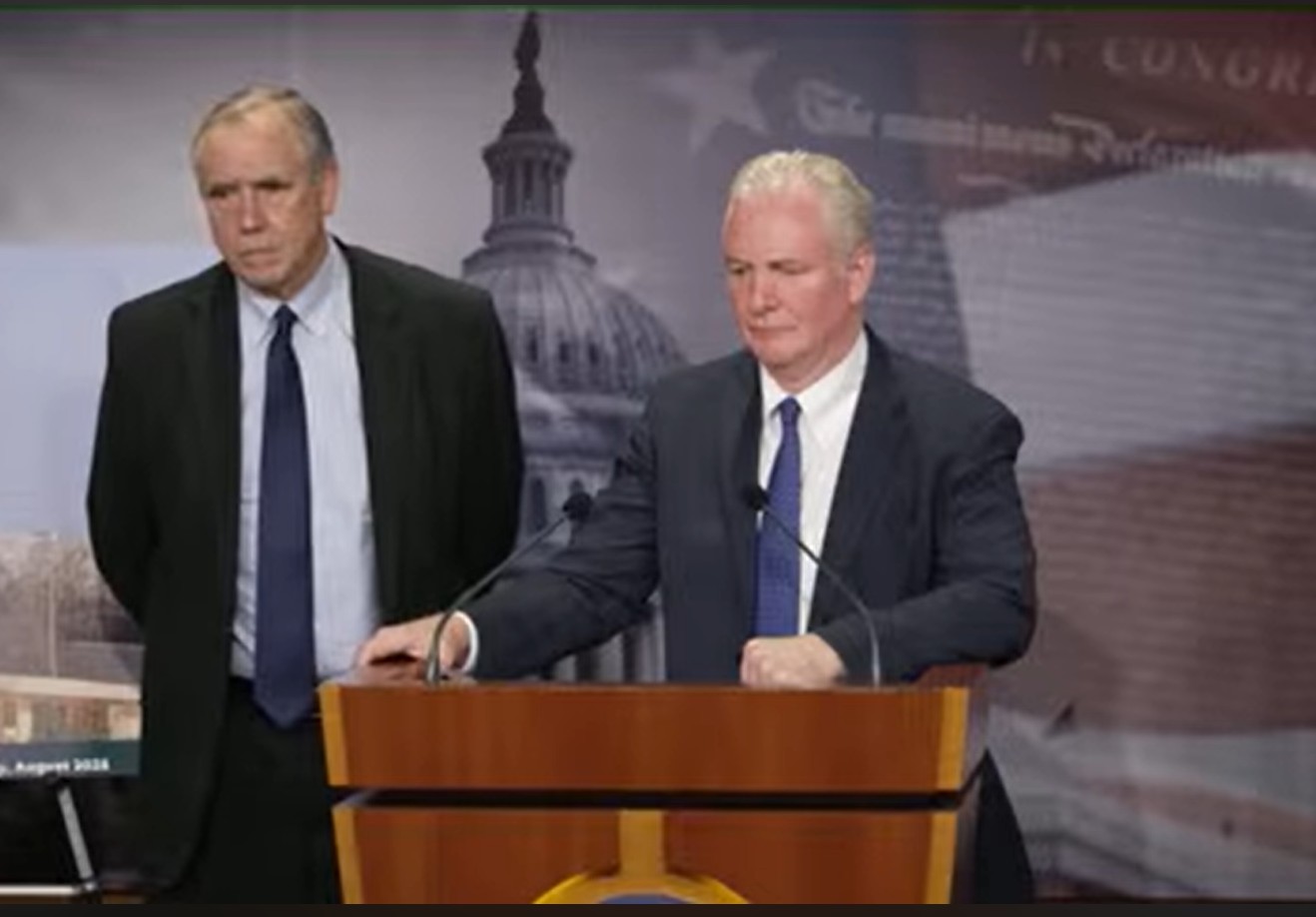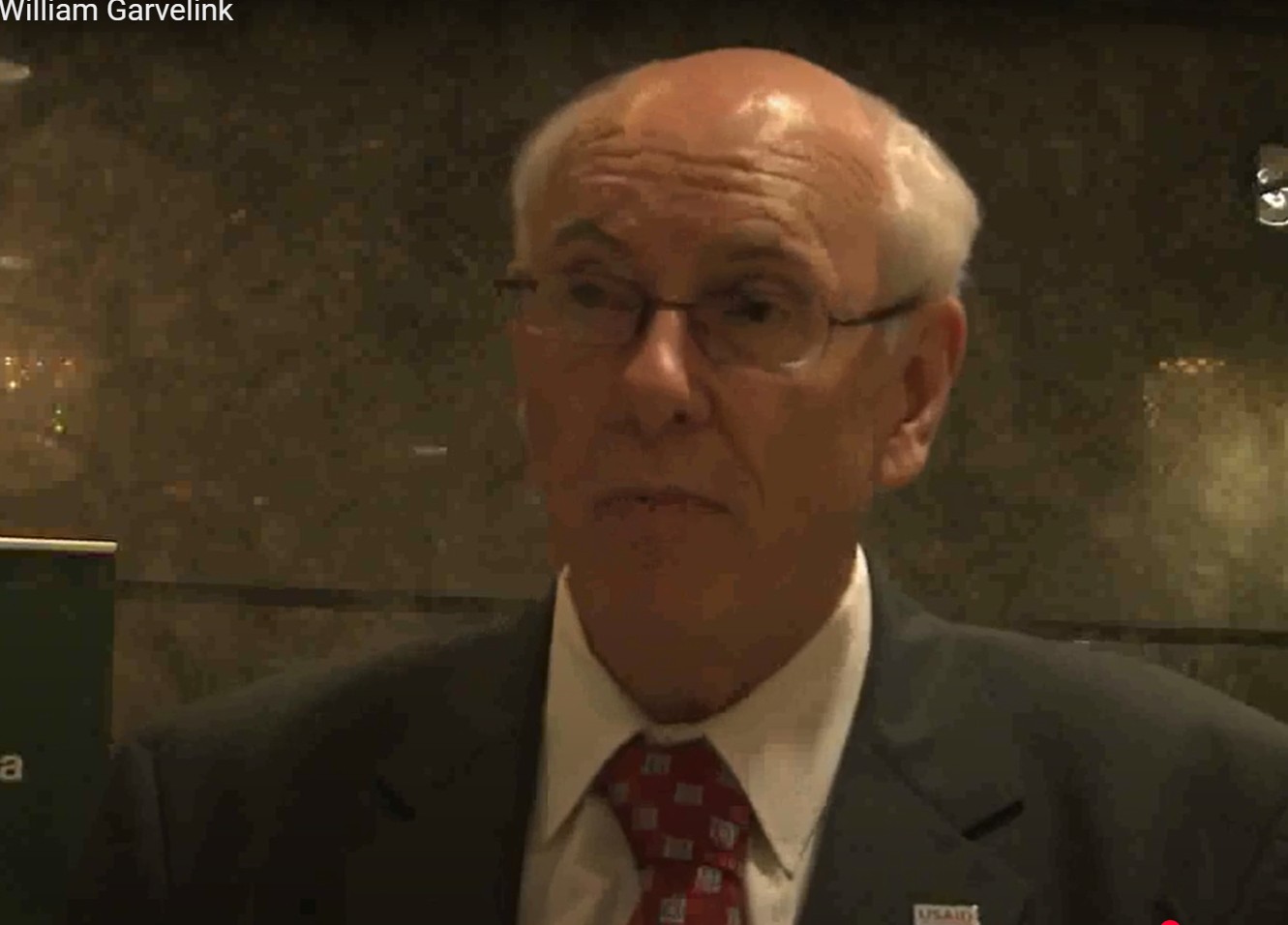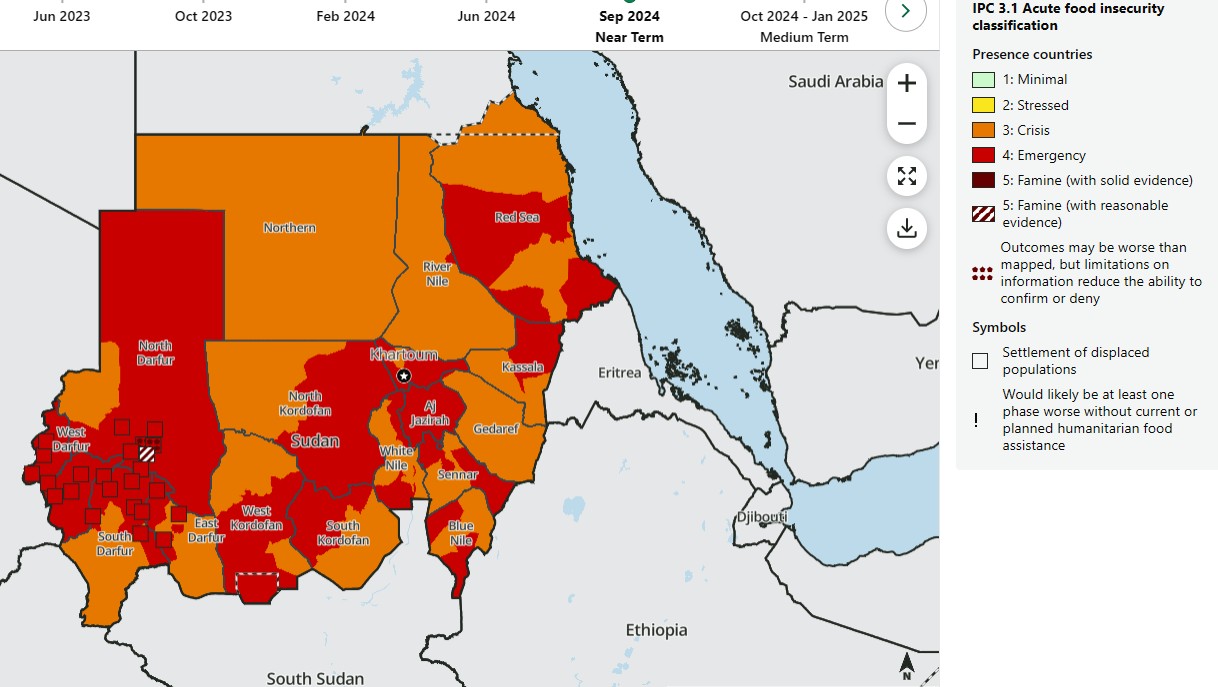Conflict and Famine

Environmentally-Induced Displacement and Health/Nutrition — a Roundtable Review
A roundtable of two dozen experts, including leaders of key international NGOs, met at George Washington University to examine the global implications of environmentally-induced migration and health, in a context of declining aid. The report, Beyond Emerge...

Gaza Humanitarian Food Aid – A Report by Senators Van Hollen & Merkley
A detailed report by U.S. Senators Chris Van Hollen (Maryland) and Jeff Merkley (Oregon) resulting from a fact-finding CODEL mission to Israel, Gaza’s border, the West Bank, Jordan, and Egypt is a review of their observations of destruction and forced displacement. (Van Hollen, Merkley Repor...

The Passing of William Garvelink, Food and Disaster Leader
William Garvelink, from Falls Church, Virginia, who led how US aid could go to persons displaced within their country’s borders, passed away this August 23 unexpectedly. Known to all as Bill, he studied Latin American history and dreamt of being a university professor before getting work at the ...

Hunger Increases Even Further in The Sudan
August 28, 2025: Aid agencies estimate that malnutrition in Sudan increases in scale, depth and scope. Much of the reporting comes from the far western region of Darfur, where, between January and May 2025, North Darfur saw a 46% increase in children...

Hunger Hotspots Report, Summer 2025
Hotspots for elevated hunger and malnutrition during the summer of 2025 were highlighted for Sudan, Gaza, South Sudan, Haiti and Mali in the new report produced by the Food and Agricultural Organization of the UN, along with the World Food Program, with support from the European Union and the Global...

In Memoriam: The US Famine Early Warning System, Known as FEWS, as well as SERVIR
The program which many experts considered to be the most effective at stopping famines and starvation and arguably the single most valuable aid program of all time, has ended its 40 year run of success, as the White House shut it down, alongside hundreds of other global initiatives, without review, ...

USAID Adds Value in Disaster Response, Says Former Hunger Notes Chair
Opinion piece from the former WHES Board Chair: Most people do not realize what a huge mistake it would be to eliminate the United States Agency for International Development (USAID), as appears to be underway here in February 2025. It would be like throwing the prove...

Film Mischaracterizes Humanitarian Aid Work
[Editor's note: The following opinion piece was written by career aid worker Amy Leah Potter in response to the recent release of the film "Dirty Angels" which has upset many people in the aid community for its depiction of humanitarian NGOs serving as shells to hide army combatants. The mov...

Resource Highlight: Examining the Decline in Starvation Deaths
How Many People Die of Starvation in Humanitarian Emergencies?, from the Refugee Policy Group think tank, examines the history of starvation in emergencies, includi...

WHES Undertakes Research about Attacks Against Food & Nutrition in Humanitarian Aid
This month, toward the end of 2024, World Hunger Education Service launched a broad study about the patterns, trends and extent of violent attacks and threats against aid programs delivering food and nutrition solutions in famines, crises, war zones, and for displaced populations. The results ...





